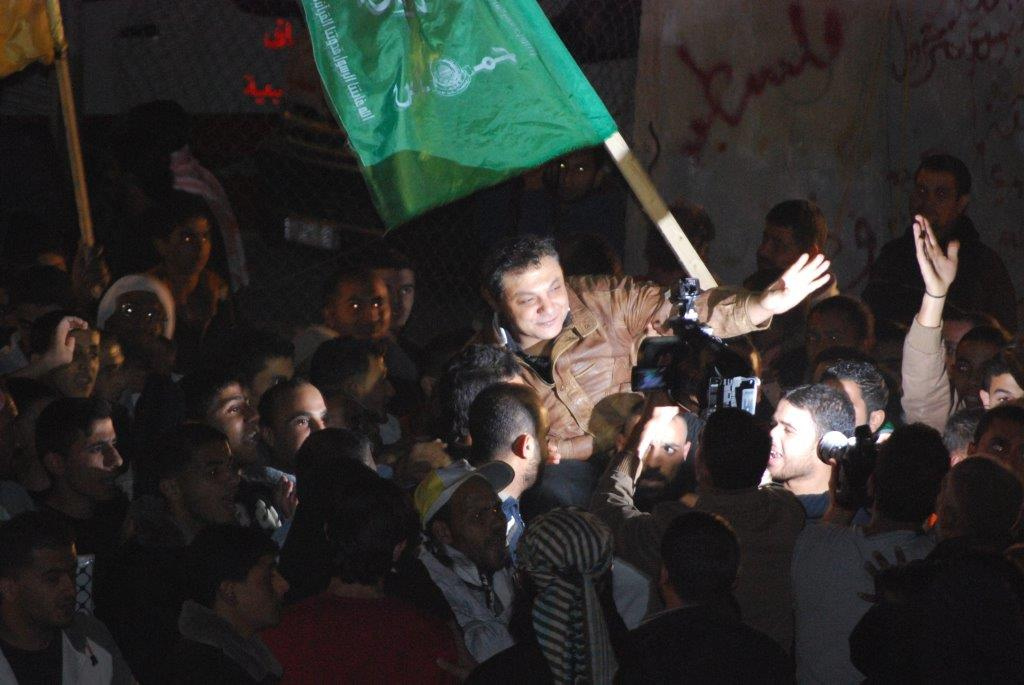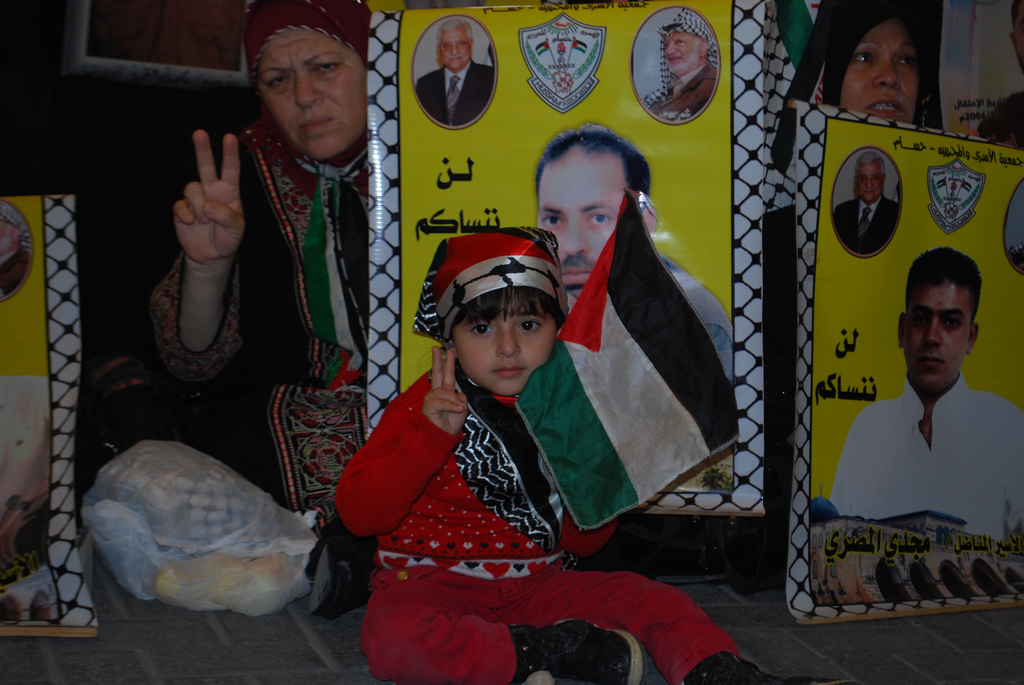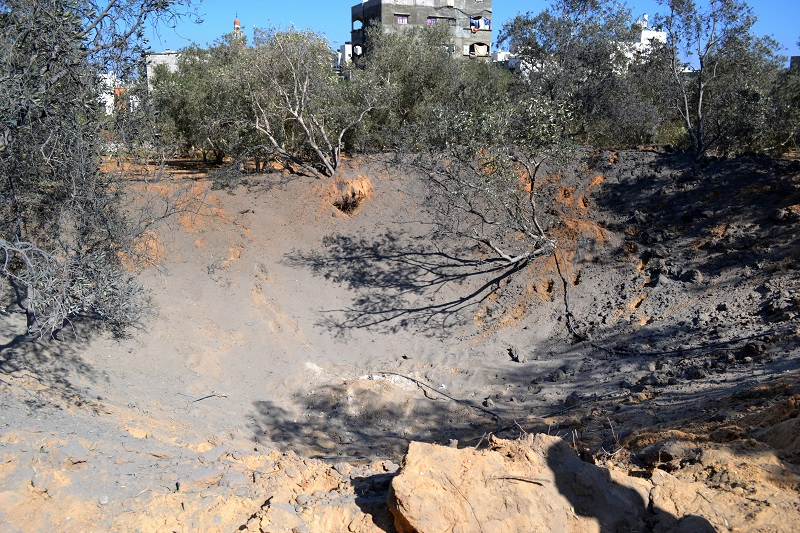Category: Gaza
-
Photos: Hundreds greet freed detainees at midnight rally in northern Gaza Strip
30th October 2013 | International Solidarity Movement, Charlie Andreasson | Gaza, Occupied Palestine As part of the resumption of negotiation between Israel and the Palestinian Authority, 26 Palestinian prisoners were released overnight Wednesday from Ofer prison in Israel. Five were transferred to the Gaza Strip via the Erez checkpoint in Beit Hanoun. This was the second of…
-
Photos: Detainee families, supporters keep Gaza vigil on eve of prisoner release
29th October 2013 | International Solidarity Movement, Gaza Team | Gaza, Occupied Palestine Families and supporters of Palestinian detainees held by Israel celebrated tonight’s promised release of 26 prisoners during a weekly sit-in Monday morning. The regular event, which began in 1995, brings comrades, friends and relatives of Palestinian prisoners together in the courtyard of the…



